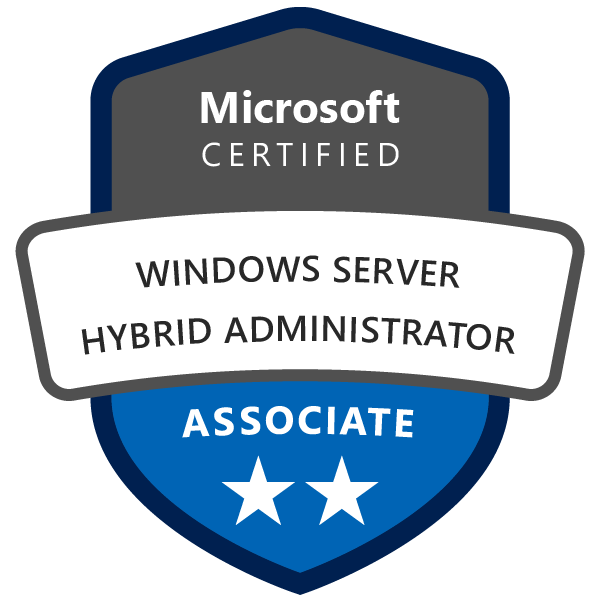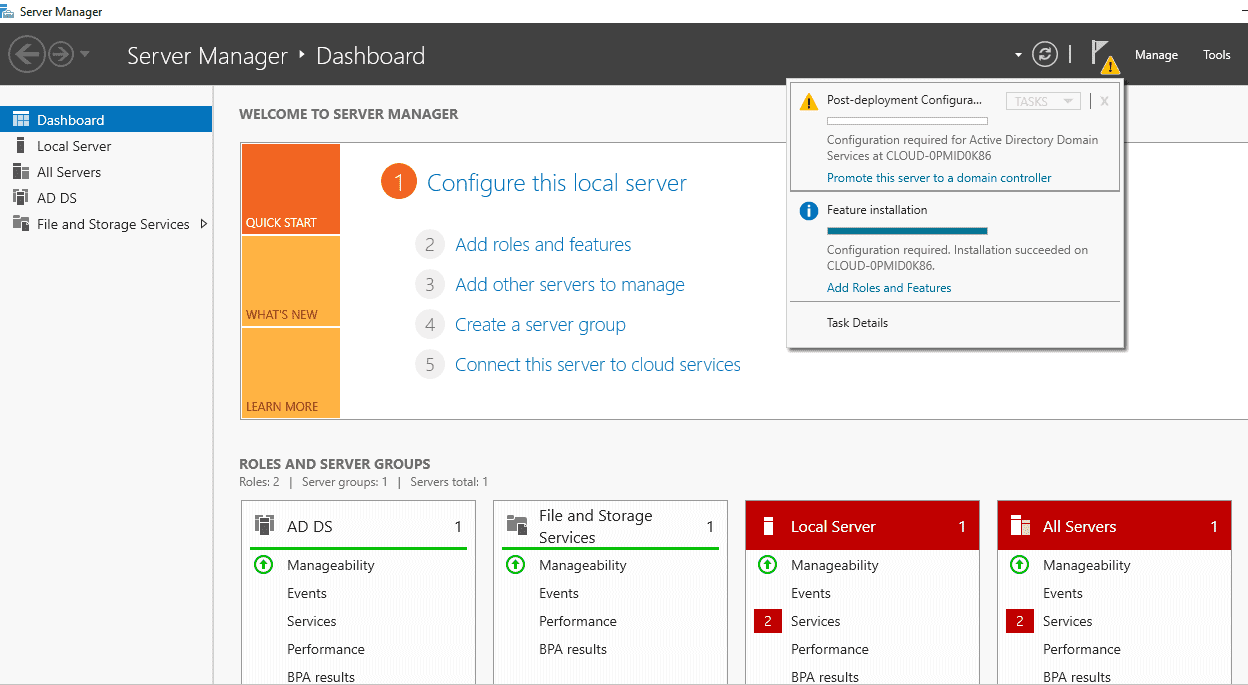Administering Windows Server Hybrid Core Infrastructure AZ-800

AZ-800 Course help learners gain the knowledge and skills needed to design, implement, and manage hybrid on-premises and cloud infrastructure solutions using Windows Server 2022 and Microsoft Azure. The course teaches IT Professionals how to implement and manage on-premises and hybrid solutions such as identity, management, compute, networking, and storage in a Windows Server hybrid environment.
Course Objectives
The main objectives of the Administering Windows Server Hybrid Core Infrastructure Course AZ-800 are:
- Introduction to hybrid scenarios: This topic covers the benefits and scenarios for using hybrid environments and the various hybrid solutions available.
- Deploying Windows Server in hybrid scenarios: This topic covers the deployment of Windows Server 2022 in hybrid scenarios, including integrating with Azure services, implementing Azure Arc, and managing Windows Server roles and features.
- Implementing hybrid identity solutions: This topic covers implementing Azure AD Connect to integrate on-premises Active Directory with Azure AD, implementing Azure AD Domain Services, and managing authentication and authorization in hybrid environments.
- Implementing hybrid networking solutions: This topic covers implementing Azure ExpressRoute and VPN connectivity, configuring hybrid network security, and monitoring and troubleshooting hybrid network connectivity.
- Implementing hybrid storage solutions: This topic covers implementing Azure File Sync, configuring Azure Blob Storage, and implementing hybrid storage solutions that utilize on-premises and Azure storage resources.
- Managing and monitoring hybrid environments: This topic covers monitoring and managing hybrid environments using Azure Monitor, implementing Azure Automation, and configuring backup and disaster recovery solutions for hybrid environments.
Upon completion of the course, individuals should be able to take AZ-800 Exam to achieve Administering Windows Server Hybrid Core Infrastructure Certification.
Course Certification
This course helps you prepare to take the:
Windows Server Hybrid Administrator Associate AZ-800 Exam
Course Outline
Module 1: Identity services in Windows Server
- Introduction to AD DS
- Manage AD DS domain controllers and FSMO roles
- Implement Group Policy Objects
- Manage advanced features of AD DS
- Lab: Implementing identity services and Group Policy
- Deploying a new domain controller on Server Core
- Configuring Group Policy
Module 2: Implementing identity in hybrid scenarios
- Implement hybrid identity with Windows Server
- Deploy and manage Azure IaaS Active Directory domain controllers in Azure
- Lab: Implementing integration between AD DS and Azure AD
- Preparing Azure AD for AD DS integration
- Preparing on-premises AD DS for Azure AD integration
- Downloading, installing, and configuring Azure AD Connect
- Verifying integration between AD DS and Azure AD
- Implementing Azure AD integration features in AD DS
Module 3: Windows Server administration
- Perform Windows Server secure administration
- Describe Windows Server administration tools
- Perform post-installation configuration of Windows Server
- Just Enough Administration in Windows Server
- Lab: Managing Windows Server
- Implementing and using remote server administration
Module 4: Facilitating hybrid management
- Administer and manage Windows Server IaaS virtual machines remotely
- Manage hybrid workloads with Azure Arc
- Lab: Using Windows Admin Center in hybrid scenarios
- Provisioning Azure VMs running Windows Server
- Implementing hybrid connectivity by using the Azure Network Adapter
- Deploying Windows Admin Center gateway in Azure
- Verifying functionality of the Windows Admin Center gateway in Azure
Module 5: Hyper-V virtualization in Windows Server
- Configure and manage Hyper-V
- Configure and manage Hyper-V virtual machines
- Secure Hyper-V workloads
- Run containers on Windows Server
- Orchestrate containers on Windows Server using Kubernetes
- Lab: Implementing and configuring virtualization in Windows Server
- Creating and configuring VMs
- Installing and configuring containers
Module 6: Deploying and configuring Azure VMs
- Plan and deploy Windows Server IaaS virtual machines
- Customize Windows Server IaaS virtual machine images
- Automate the configuration of Windows Server IaaS virtual machines
- Lab: Deploying and configuring Windows Server on Azure VMs
- Authoring Azure Resource Manager (ARM) templates for Azure VM deployment
- Modifying ARM templates to include VM extension-based configuration
- Deploying Azure VMs running Windows Server by using ARM templates
- Configuring administrative access to Azure VMs running Windows Server
- Configuring Windows Server security in Azure VMs
Module 7: Network infrastructure services in Windows Server
- Deploy and manage DHCP
- Implement Windows Server DNS
- Implement IP address management
- Implement remote access
- Lab: Implementing and configuring network infrastructure services in Windows Server
- Deploying and configuring DHCP
- Deploying and configuring DNS
Module 8: Implementing hybrid networking infrastructure
- Implement hybrid network infrastructure
- Implement DNS for Windows Server IaaS VMs
- Implement Windows Server IaaS VM IP addressing and routing
- Lab: Implementing Windows Server IaaS VM networking
- Implementing virtual network routing in Azure
- Implementing DNS name resolution in Azure
Module 9: File servers and storage management in Windows Server
- Manage Windows Server file servers
- Implement Storage Spaces and Storage Spaces Direct
- Implement Windows Server Data Deduplication
- Implement Windows Server iSCSI
- Implement Windows Server Storage Replica
- Lab: Implementing storage solutions in Windows Server
- Implementing Data Deduplication
- Configuring iSCSI storage
- Configuring redundant Storage Spaces
- Implementing Storage Spaces Direct
Module 10: Implementing a hybrid file server infrastructure
- Overview of Azure file services
- Implementing Azure File Sync
- Lab: Implementing Azure File Sync
- Implementing DFS Replication in your on-premises environment
- Creating and configuring a sync group
- Replacing DFS Replication with File Sync–based replication
- Verifying replication and enabling cloud tiering
- Troubleshooting replication issues
Course Mode
Instructor-Led Remote Live Classroom Training;
Trainers
Trainers are Microsoft Official Trainer MCT and certified in other IT technologies, with years of hands-on experience in the industry and in Training.
Lab Topology
For all types of delivery, the Trainee can access real Cisco equipment and systems in our laboratories or directly at the Cisco data centers remotely 24 hours a day. Each participant has access to implement the various configurations thus having a practical and immediate feedback of the theoretical concepts.
Here are some AZ-800 Labs network topologies available:

Course Details
Course Prerequisites
- Experience with managing Windows Server operating system and Windows Server workloads in on-premises scenarios, including AD DS, DNS, DFS, Hyper-V, and File and Storage Services
- Experience with common Windows Server management tools (implied in the first prerequisite).
- Basic knowledge of core Microsoft compute, storage, networking, and virtualization technologies (implied in the first prerequisite).
- Experience and an understanding of core networking technologies such as IP addressing, name resolution, and Dynamic Host Configuration Protocol (DHCP)
- Experience working with and an understanding of Microsoft Hyper-V and basic server virtualization concepts
- Basic experience with implementing and managing IaaS services in Microsoft Azure
- Basic knowledge of Azure Active Directory
- Experience working hands-on with Windows client operating systems such as Windows 10 or Windows 11
- Basic experience with Windows PowerShell
Course Duration
Intensive duration 4 days
Course Frequency
Course Duration: 4 days (9.00 to 17.00) - Ask for other types of attendance.
Course Date
- Microsoft AZ-800 Course (Intensive Formula) – On request – 9:00 – 17:00
Steps to Enroll
Registration takes place by asking to be contacted from the following link, or by contacting the office at the international number +355 45 301 313 or by sending a request to the email info@hadartraining.com


